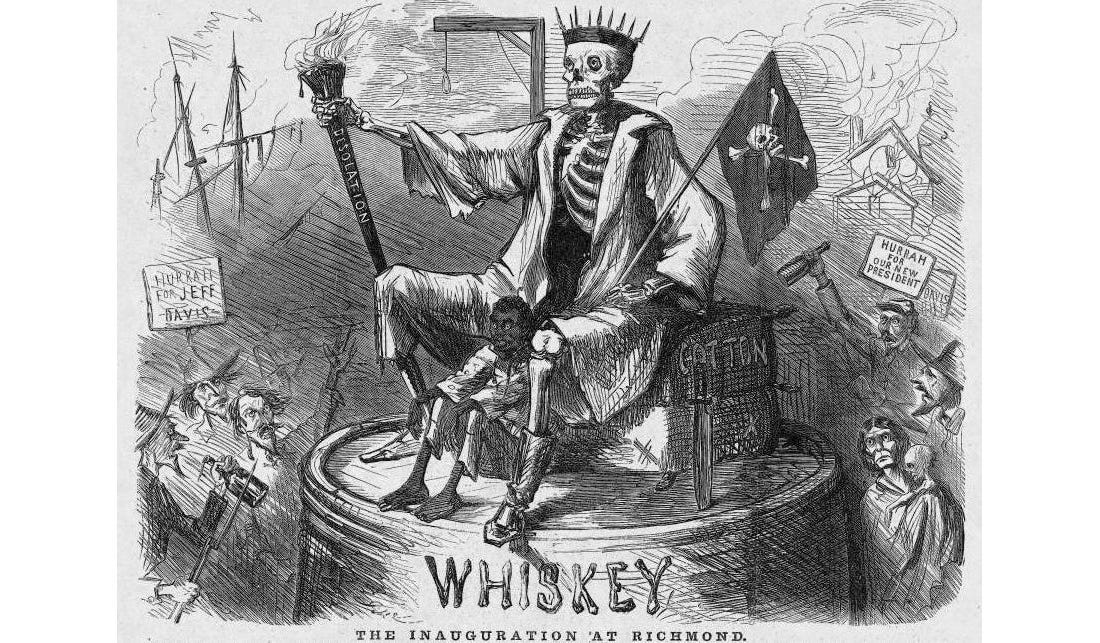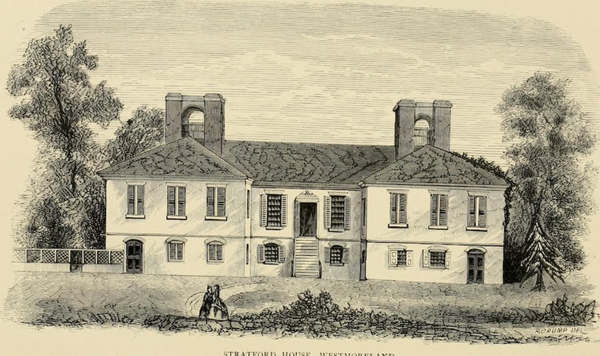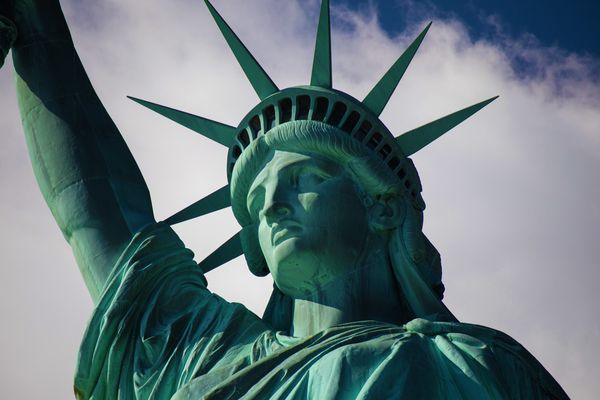A year ago, I got news that a friend of mine, who was known for his partying, had given up drinking. Upon hearing this, it surprised me that of all the emotions I felt, I recall the distinct stab of jealousy.
“Why do I feel jealous?” I wondered. If I was living the life I wanted to live, why should I feel envious of a friend who had chosen sobriety?
But before I could make further progress, the familiar justifications for drinking rose up to divert me from the path of healthy self-reflection. “I need to be able to wind down in the evenings. I need a break every now and then. Drinking is a part of social settings. It’s just a few beers. I can quit whenever I want.”
My internal dialogue became increasingly hostile, as if I was mad at myself for even considering there was anything I needed to change.
I found myself asking why the idea of a self-evaluation provoked feelings of denial and anger? What was the mechanism at work that kept me off the path to progress and condemned me to a toxic lifestyle? More importantly, how was it possible to escape this mechanism?
I did quit drinking eventually, and my life is better for it. This experience allowed me to recognize how a similar mechanism of self-deception appears whenever there is a social dialogue on the subject of racism. Racism apologists are intoxicated with their perception of our country. They deflect from any mention of racial inequality. Eventually, they become angered that you ever brought it up.
The question before us now is how to stage a productive intervention that will help our society develop a true commitment to racial equality.
Intoxication on racism
My justifications for drinking had become a part of my personal identity. I couldn’t even ask myself whether or not I wanted to keep drinking. There was a mechanism within my thought process that compelled me to sidestep the conversation in favor of maintaining toxic behaviors.
I wanted the intoxication, so I adjusted my perception of reality to justify my behavior.
My feeling of jealousy was the breakthrough I needed. It helped me realize that there was a form of happiness I desired that drinking prevented me from achieving.
It’s intoxicating to get lost in the noble aspirations of our mythologized history. It’s sobering to recognize the many ways we’ve betrayed those aspirations.
This personal experience helped me better understand America’s intoxication with racial inequality.
From its inception, the United States has failed to live up to its noble aspirations. Our cultural identity is that this is a nation of freedom, although Black people have always been denied equal freedoms.
It’s intoxicating to get lost in the noble aspirations of our mythologized history. It’s sobering to recognize the many ways we’ve betrayed those aspirations. The critical element is to recognize our cultural identity must be based on achieving our stated goals for everyone, not on perpetuating the false mythology that insists our work is already done.
Racism and denial of its existence are major components of American cultural identity
Conversations about racism in the United States are frequently derailed by the argument that any responsible action to combat injustice will encroach upon our positive sense of national identity. The truth is, adopting a sober perspective on racism is the only way all Americans will ever have access to an unobstructed pursuit of happiness.
Discussing racism in America is similar to staging an intervention with a problem drinker. Racism apologists, like problem drinkers, don’t want to listen. Instead, they immediately deflect from the issue or come up with arguments to justify their behavior.
- “Our country isn’t racist.”
- “Why do you have to bring race into everything?”
- “When you discuss racism, you’re dividing the country.”
- “Discussing America’s true racial history in schools makes white kids feel uncomfortable.”
- “Our Founding Fathers owned slaves, but we can’t judge the past by the morals of today.”
- “Slaves learned things that benefited them later in life.”
These arguments are designed to preserve a form of nationalistic intoxication, but they all quickly disintegrate under examination.
“Fundamentally American” ideas that perpetuate racism
The sanitized, positive mythology that we’re trained to believe about the United States only acknowledges the existence of the nation’s most noble ideals. Masses of people are conditioned to believe that America is “the land of opportunity,” that we can “boast of tremendous achievements” in our history, and that our nation is “rooted in fairness and equality.”
However, it’s not hard to point to any number of examples of how our country has failed to live up to its promises.
Wealth inequality
Americans are fixated on the dream of acquiring an obscene amount of individual wealth for themselves. They’re so intoxicated by the promise of this idea that they resort to hostility and denial when confronted with the truth of American wealth inequality.
In order to maintain the mythologized perception of America as the “land of opportunity,” it’s necessary to disregard the history of exploited labor. To this day many families that can trace their generational wealth back to the plantation era.
It shouldn’t be controversial to say our national identity would be better off rooted in fact instead of fantasy.
Exploitation did not end with the Civil War. There are countless examples of Black people getting run off their land, or who were denied the benefits they had rightfully earned.
The result of hundreds of years of discrimination is an unfair and deliberately created racial wealth gap between Black and white people which has to be addressed if our nation is ever going to truly represent anything it claims to stand for.
Selective interpretation of history
Americans tend to look at their history through rose-colored glasses. There are people who insist that “all lives matter,” but then they demand a school curriculum that disregards the experience of enslaved Black people.
Today, a debate rages on over whether teaching the truth about American history will make white students “feel uncomfortable.” It shouldn’t be controversial to say our national identity would be better off rooted in fact instead of fantasy.
Censoring the truth about the history of American authoritarianism, the institution of slavery, Reconstruction, the Jim Crow era, etc., leaves the population vulnerable to exploitation through the use of the same tactics.
We can’t allow ourselves to disregard factual history because the truth dismantles the unjust pride we feel in our national identity. A more responsible philosophy is to work to deliver on our country’s promises. That can only be achieved through acknowledging where we failed.
Compliance through force
Another aspect of the fundamental American ideology is the notion we can solve every problem with force. Growing up, if my dad couldn’t make something work, he’d hit it. Often, this resulted in irreparable damage to whatever he was working on.
The US military is the most excessively funded military in the world. The US police force ranks as the world’s third-largest military. We put too much faith in the concept of force and I wonder if this compulsion is a result of the hostility stage that seems to arise in response to the subject of institutionalized racism.
The Black community is disproportionally targeted by the police and subjected to higher rates of incarceration than the white community. One of the most important censored lessons of history is how modern US police forces grew out of the plantation era’s slave patrols.
These facts represent human rights violations that undermine any argument of a commitment to “fairness.”
Racism is not a condition for American happiness
I gave up drinking not because of an intervention but due to a personal revelation. In this, as in many things, healing required a leap of faith.
I discovered that alcohol deceives you into giving up control over many aspects of your life. It determines your activities. It chooses your friends. It influences how you behave in public. It becomes difficult to give up alcohol because alcohol represents everything that’s familiar.
I held on to alcohol for too long because I allowed it to become part of my identity. It was difficult to think of quitting because I didn’t know what the future would look like without it. What would I do? What would I say? What about my relationships with my friends? So, I simply maintained the status quo with statements like, “It’s just a harmless drink.” The truth is, this was an excuse to distract from a reality I was too scared to confront.
Alcohol is not harmless, it’s toxic. It’s not bringing you happiness, it’s the source of your depression.
Many Americans have similarly conditioned themselves to dismiss the toxic influence of racial inequality because they’re intoxicated by an illusion of national identity.
Many Americans have similarly conditioned themselves to dismiss the toxic influence of racial inequality because they’re intoxicated by an illusion of national identity. “It’s just a harmless comment,” they say. But the truth is that any example of racist behavior or ideology has a devastating ripple effect on our whole society.
Just like one drink leads to another, one act of hate leads to another.
Racism determines where we spend our national resources, it selects our allies, it corrupts our sense of justice. When we fail to confront it, we’re submitting to fear and ignorance. It’s time we recognized that the pursuit of happiness is only available to anyone if we all work to ensure the path is unobstructed for everyone.
The United States of America needs an intervention
Addicts are very skilled at self-deception and they take advantage of the rules of polite conversation to make sure no progress is possible. They’ll agree with you and smile to your face even though they have no intention of changing their behavior.
With regard to American society, I feel there’s value in using the model of addiction intervention to inform how we approach conversations about racism. Too often in polite conversation, people are allowed to persist in personal illusions while shifting attention away from practical solutions.
The tools you learn through having an intervention with an addict can be useful in this sort of interaction. It’s often called a “come-to-Jesus moment.” American society could use one.
I had a personal epiphany when a moment of jealousy compelled me to reevaluate certain beliefs I’d conditioned myself never to question. This reevaluation allowed me to give up drinking.
With regard to American racial inequity, a large percentage of our population has become convinced that the only way to experience the high of national pride is to disregard all the evidence of racial inequity. This creates an unfair burden on the Black community and America cannot fulfill its promise until this burden is addressed.
There’s another way to feel satisfaction with our country. That way lies in working to actually make our most noble aspirations a reality. For too long, we’ve been caught in the shiny flash of a lure that compels us to labor for the promise of a deferred reward.
The shiny flash is the deluding lie.
We need to focus on making sure everyone, particularly the Black community, receives their promised reward.
Consider what you sacrifice through a passive tolerance of institutionalized racism. What price are you forced to pay when you live in a country where injustice has been normalized? To what extent are you robbing your children of their future because you believe it’s important to maintain an idealized sense of personal and national identity?
All of our children deserve more than a culture rooted in the false high of denigration, fairy tales, and brute force. They deserve a sober society capable of making responsible decisions. Let’s renew our reverence for truth and take the leap of faith together.













